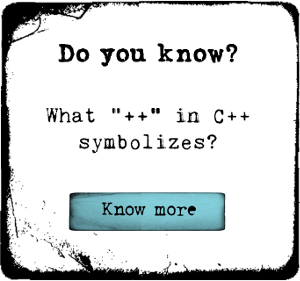Dynamic C# Fundamentals

Pluralsight
Course Summary
Take advantage of dynamic C# to reduce the amount of code that needs to be written, meaning more time to deliver more features to the customer. You'll learn how dynamic C# can make many programming tasks easier.
-
+
Course Description
While C# is a statically typed language, it also has (often overlooked) dynamic features. For example, using the dynamic keyword allows the instantiation of dynamic objects whose structure is not known by the compiler at compile time. In this course, Dynamic C# Fundamentals, you'll learn how the use of dynamic C# makes some difficult and cumbersome programming tasks easier to write and work with. You'll learn how dynamic C# can make COM interop easier, enable adding of arbitrary properties at runtime, and simplify working with JSON and SQL data. You'll also discover how the dynamic keyword can reduce XAML boilerplate binding code and even enable interoperation with other dynamic languages such as Python. By the end of this course, you'll know how to take advantage of dynamic C# in order to reduce the amount of code that needs to be written, make it more readable, and give yourself more time to deliver more features to the customer.
-
+
Course Syllabus
Course Overview- 1m 17s
—Course Overview 1m 17sIntroducing Dynamic C#- 58m 34s
—Introduction 2m 54s
—Why Dynamic C#? 4m 35s
—Course Outline 1m 24s
—Introducing the DLR 3m 40s
—Static and Dynamic Binding 3m 15s
—Dynamic Binding in Action and RuntimeBinderException 7m 32s
—Implicit Dynamic Conversions 5m 28s
—Var and Dynamic 2m 13s
—Runtime Method Resolution 7m 21s
—Dynamic and Object Types 2m 48s
—Limitations of Callable Methods 3m 53s
—Introducing ExpandoObject 1m 24s
—Refactoring to Dynamic 7m 55s
—Dynamically Adding ExpandoObject Behavior 2m 7s
—Summary 1m 58sSimplifying Code with Dynamic C#- 46m 43sCreating Custom Dynamic Classes- 40m 41sInteroperating with Dynamic Languages- 22m 57s





